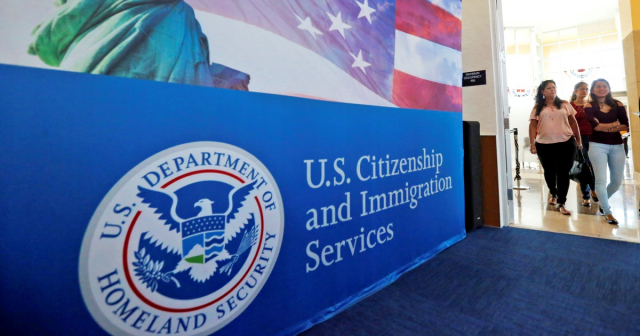With the entry into force this Monday of Parole in Place, a new immigration program that allows spouses of U.S. citizens without residency permits who meet certain requirements to legalize their status without the need to leave the country, doubts have arisen about who is eligible and the risks in the event that Trump wins the presidency in November.
The new program offers the opportunity to eliminate the threat of deportation and eventually access citizenship for thousands of people, which is no small thing.
To be eligible, applicants must have continuously been in the United States for at least 10 years, not pose a danger to security, not have criminal records that disqualify them, and be married to a U.S. citizen before June 17 of this year.
Applicants must pay a fee of 580 dollars and complete a form (I-131F) that includes an explanation of why they deserve parole, as well as an extensive list of documents confirming that the applicant has been continuously in the country.
If the application is approved by the Department of Homeland Security (DHS), petitioners will have three years to obtain permanent residency, and during that period, they will be able to obtain work authorization.
The White House estimates that approximately 500,000 people could be eligible for this program, in addition to about 50,000 of their children.
Previously, obtaining residency for those who were in the country illegally after marrying a U.S. citizen was a complex and risky process that often involved returning to the country of origin without the certainty of being able to return to the United States.
However, alongside the enthusiasm, doubts also arise about whether this program will survive future presidential elections.
Possible Risks
Since the announcement of the program, there has been a great interest from couples looking to verify their eligibility, and numerous pro-immigrant groups have been working to help people understand the program. However, there is also a great deal of skepticism.
Activists and lawyers are assessing with the applicants whether applying for the program poses a risk, considering the potential Republican lawsuits and the uncertainty about the continuity of the program in the event that Donald Trump, who has promised to deport millions of immigrants, returns to the White House.
Karla Aguayo, director of legal services for the Coalition for Humane Immigrant Rights in Los Angeles, stated in remarks reported by the AP agency that many of the people seeking assistance do not qualify because at some point they returned to their country of origin, which disqualifies them from the program.
Charles Kuck, an immigration attorney based in Atlanta, warns about the risks of applying, especially for those immigrants who are not on the government's radar.
"Is there a risk associated with this? 100 percent," said Kuck, who believes that this type of program should have been implemented a few years ago, not months before presidential elections are held.
In summary, although Biden's new program offers a unique opportunity for many spouses of U.S. citizens to regularize their status without leaving the country, the future of the program is still marked by various political and legal uncertainties.
What do you think?
COMMENTFiled under:
